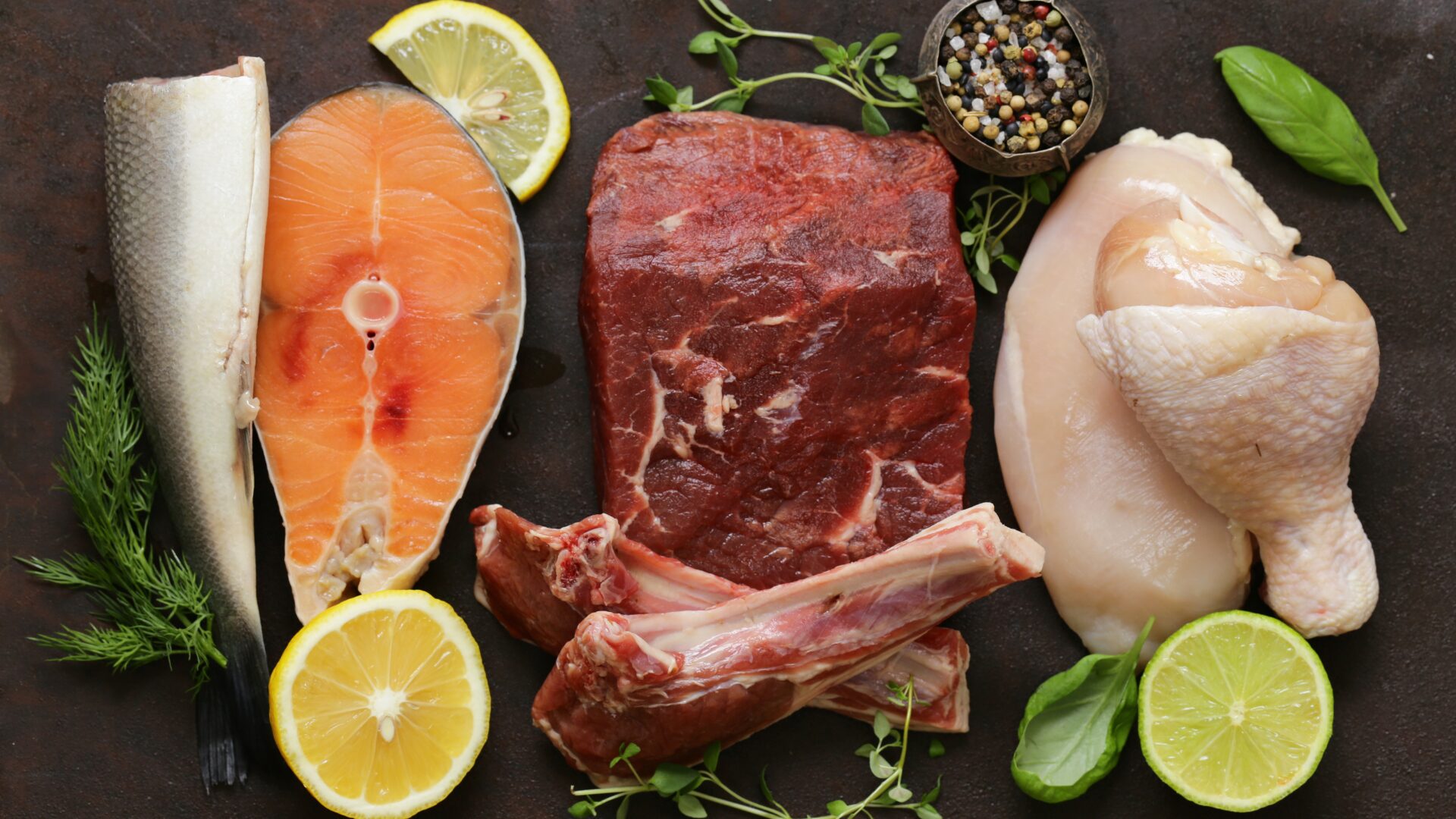On May 14, a bill that would ban the distribution and sale of cultivated meat products throughout the state of Nebraska received final approval from lawmakers, aligning with similar laws passed in Florida, Alabama, Mississippi, and Montana in recent years.
Introduced by Nebraska Senator Barry DeKay at the request of Governor Jim Pillen, LB246 prohibits the production, import, distribution, promotion, display, or sale of any “cultivated-protein food,” which the bill defines as “having one or more sensory attributes that resemble a type of tissue originating from an agricultural food animal but that, in lieu of being derived from meat processing, is derived from manufacturing cells.”
The new legislation also designates lab-grown meat as an “adulterated food product,” which means the state’s existing penalties for adulterated foods under the Pure Food Act are applicable in this context. In addition, any violations will also be subject to penalties under the Deceptive Trade Practices Act enforced by the attorney general.
LB246 is merely one of several such bans enacted by U.S. states in recent years – and one of two that were passed just this month.
Let’s take a look at some of the latest developments in other states.
Indiana
On May 6, Indiana Governor Mike Braun approved a two-year ban of both the sale and manufacture of lab-grown meat products as part of House Bill 1425, which will go into effect on July 1 and remain in place through June 30, 2027.
While Indiana’s law aligns with similar bans enacted by other U.S. states, its requirements are stricter than most.
The legislation bars food companies from selling cultivated meat products, which the bill defines as “animal protein grown from stem cells in a laboratory that is designed to replicate the look, taste, and nutritional profile of conventional meat,” unless the companies comply with strict labeling requirements, which include designating such items as “imitation meat products” in clear statements displayed on packaging.
In addition, the law’s penalties, which include fines of up to $10,000 for violations, are also among the highest in the nation.
South Dakota
Although the state of South Dakota has not banned the production or sale of cultivated meat, Governor Larry Rhoden signed House Bill 1118 into law in February, which prohibits the use of state funds for the research, production, promotion, sale, or distribution of “cell-cultured protein,” which it defines as “human food made from animal cell cultures or DNA grown outside a live animal.”
However, the approved legislation includes exemptions for the Board of Regents, its institutions, and some state agencies that perform specific regulatory functions.
Oklahoma
On March 25, Oklahoma advanced House Bill 2829, which would ban the production, distribution, and sale of lab-grown meat across the state.
While proponents of the bill emphasized the need to safeguard Oklahoma’s agricultural roots and the health of its population, its opponents contend that the decision is anti-competition and anti-freedom.
The Food Institute Podcast
It’s tariff time, and companies the world over are working to better understand how their operations will be impacted. Jodi Ader from RSM US LLP joined The Food Institute Podcast to discuss which products and inputs are currently subject to tariffs, and how to best mitigate supply chain risks.












